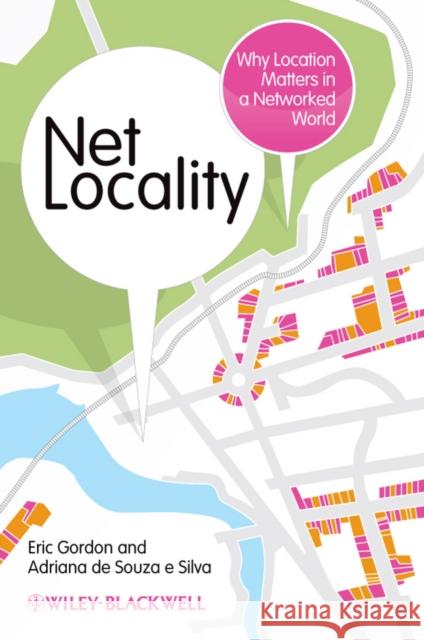Net Locality » książka
topmenu
Net Locality
ISBN-13: 9781405180610 / Angielski / Twarda / 2011 / 198 str.
The first book to provide an introduction to the new theory of Net Locality and the profound effect on individuals and societies when everything is located or locatable.
- Describes net locality as an emerging form of location awareness central to all aspects of digital media, from mobile phones, to Google Maps, to location-based social networks and games, such as Foursquare and facebook.
- Warns of the threats these technologies, such as data surveillance, present to our sense of privacy, while also outlining the opportunities for pro-social developments.
- Provides a theory of the web in the context of the history of emerging technologies, from GeoCities to GPS, Wi-Fi, Wiki Me, and Google Android.











